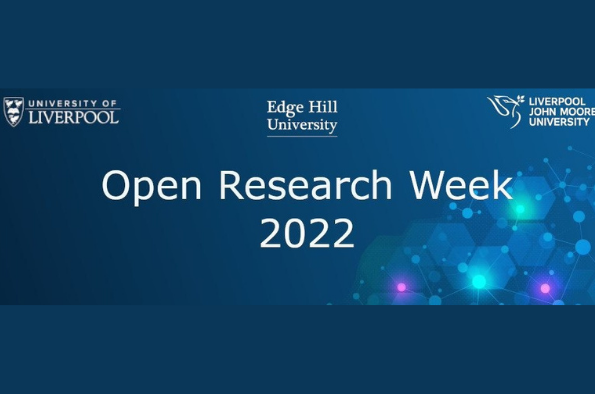
UNESCO Open Science Recommendation: International Policy Framework for Open Science
Add this event to my calendar
Click on "Create a calendar file" and your browser will download a .ics file for this event.
Microsoft Outlook: Download the file, double-click it to open it in Outlook, then click on "Save & Close" to save it to your calendar. If that doesn't work go into Outlook, click on the File tab, then on Open & Export, then Open Calendar. Select your .ics file then click on "Save & Close".
Google Calendar: download the file, then go into your calendar. On the left where it says "Other calendars" click on the arrow icon and then click on Import calendar. Click on Browse and select the .ics file, then click on Import.
Apple Calendar: The file may open automatically with an option to save it to your calendar. If not, download the file, then you can either drag it to Calendar or import the file by going to File >Import > Import and choosing the .ics file.
UNESCO Open Science Recommendation: International Policy Framework for Open Science: Dr. Ana Persic, Programme Specialist for Science Policy and Partnerships at the Division of Science Policy and Capacity Building at UNESCO Headquarters, Paris.
Recognizing Open Science as a true game-changer in addressing the pressing planetary and socio-economic challenges, UNESCO led a global dialogue with the aim of developing the first international standard-setting instrument on Open Science in the form of a UNESCO Recommendation since 2019. The UNESCO Recommendation on Open Science, unanimously adopted on 23 November 2021 by 193 UNESCO Member States defines shared values and principles for Open Science and identifies concrete measures on open access and open data, with proposals to bring society closer to science and commitments to facilitate the production and dissemination of scientific knowledge worldwide.
If adequately implemented across the world and by different open science actors, the Recommendation has the potential of significantly advancing science that is more accessible, collaborative, transparent, inclusive and more responsive to the needs of society.
